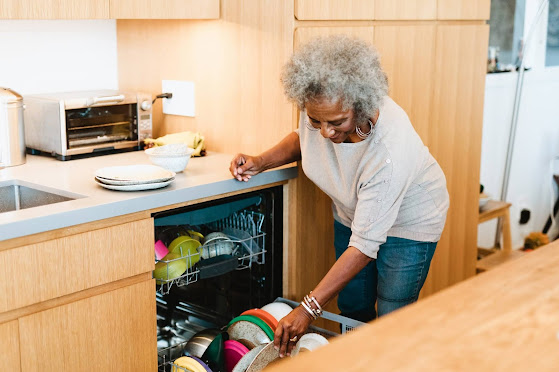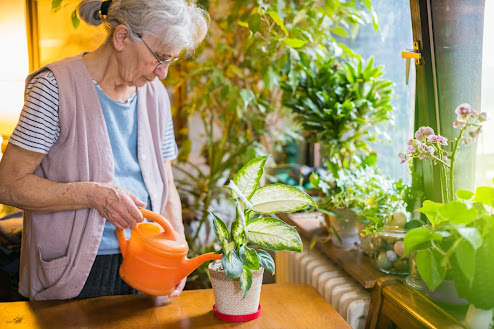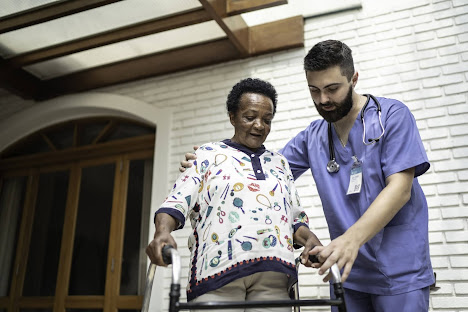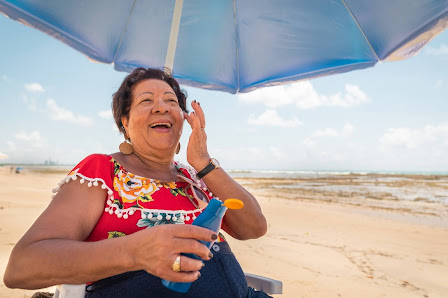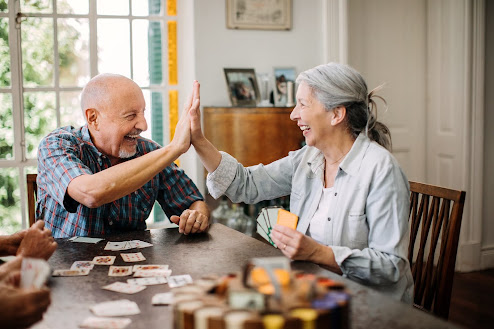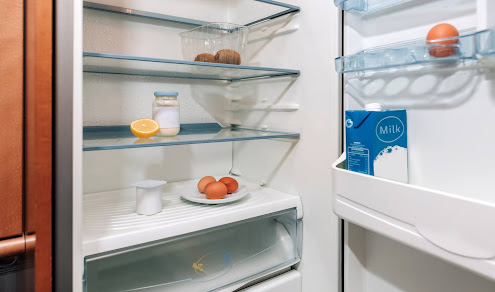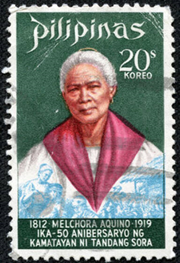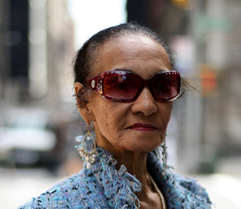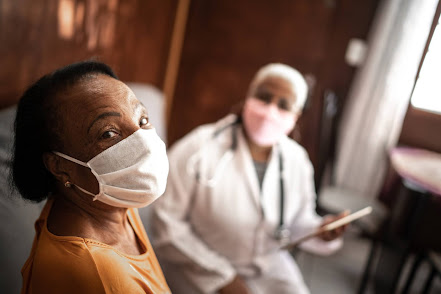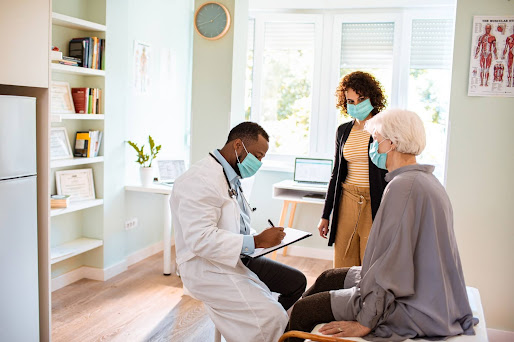It’s officially
spring! You know what that means — time to do your annual spring cleaning. With
the weather getting warmer, there’s this undeniable sense to refresh which is
why so many people take this opportunity to deep clean their homes.
While you’ll
undoubtedly start small with reorganizing clothes for the warm weather,
cleaning your entire home head to toe can easily become overwhelming for
anybody. With that said, our associates in Gloucester
County have put together some essential tips to make the process
easier, especially for older adults.
- Make a spring cleaning checklist. We don’t know about you, but being able to
mark items off of a checklist makes us feel extremely accomplished. Before
jumping into cleaning, create a checklist of all the tasks you would like
to accomplish for your home. Some examples include sanitizing high-touch
surfaces, reorganizing closets, and vacuuming the floors.
However, there are many other chores that can slip your mind if you don’t make a list. Tasks worth noting, especially for seniors, are installing grab bars in the bathrooms, replacing dead batteries in smoke detectors, and removing expired items from the medicine cabinet, pantry, and refrigerator.
- Don’t be afraid to throw stuff away. One easy way to do this? Make “yes” or
“no” piles only, no “maybe I’ll wear this in the summer,” or “maybe I can
squeeze into this if I shed some unwanted weight.” Be realistic with
yourself. A good rule of thumb, if you haven’t worn something in over six
months, throw it out or give it away.
It may be more difficult when it comes to parting with sentimental items you’ve accumulated over the years. However, it’s important to keep in mind that hoarding items you rarely use takes up unnecessary space, and has the potential to negatively impact your physical health by creating fall hazards. - Ask for help. Having someone there to help you clean
will keep you motivated, and might even make the process more fun. Once
your family member or friend arrives to help, the first thing they should
do is look over your checklist.
Another pair of eyes can always offer a different perspective and point
out some things you may have initially missed, such as replacing the old
hallway light that is dimming by the minute.
An extra helping hand can also take care of the chores that can be tough for you to complete on your own, like dusting shelves that are hard to reach or moving around big pieces of furniture.
Consider a new senior living option in Gloucester
County, NJ
If you’ve uncovered
any issues in your home that make living conditions less safe, have one of your
loved ones take care of it immediately. If they find the issue cannot be fixed
easily, it may be time to consider a new living option. Relocating to a senior
living community may seem overwhelming at first, but you’ll live in the safest,
most well-kept environment available. Our assisted
living community in Gloucester County is the perfect option for
seniors who are ready to say bye to spring cleaning and hello to a relaxed
senior lifestyle.
If you’d like to see
if we’re the right assisted living option in Gloucester County, New Jersey, or
would like more information about our services, please contact United Methodist
Communities today: https://pitman.umcommunities.org/
Original content posted on https://pitman.umcommunities.org/2021/03/25/tips-to-make-spring-cleaning-easier-for-seniors/
